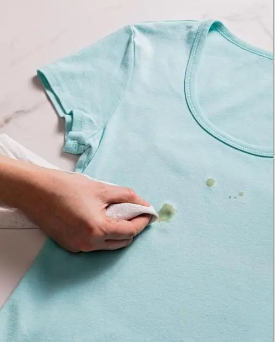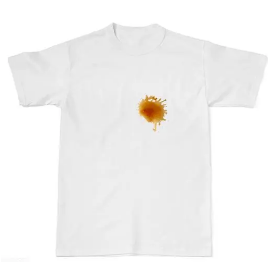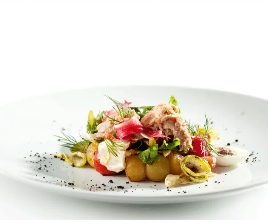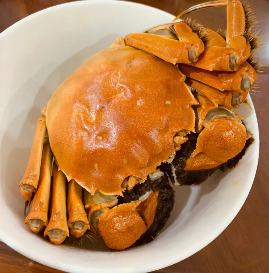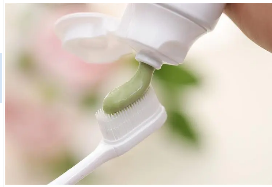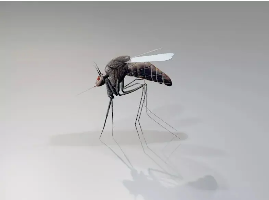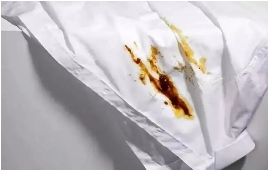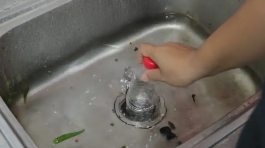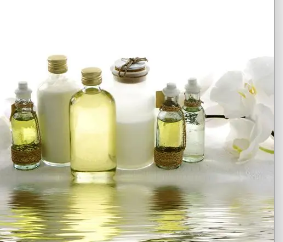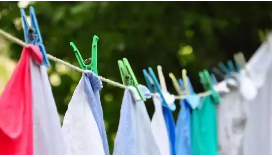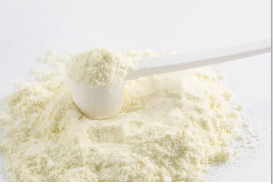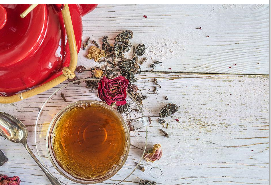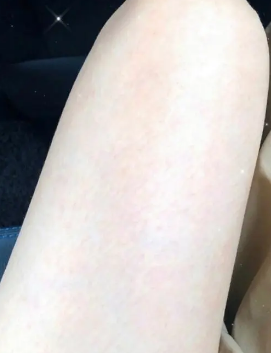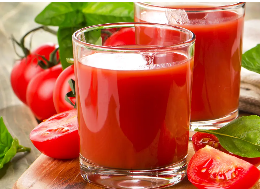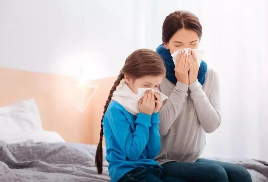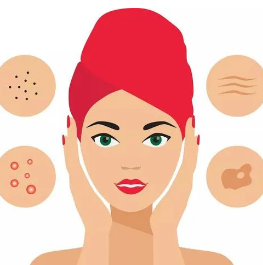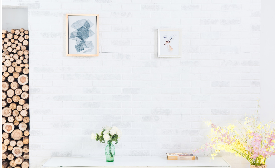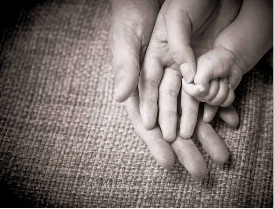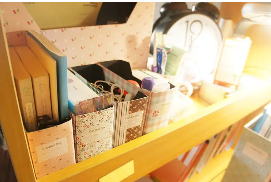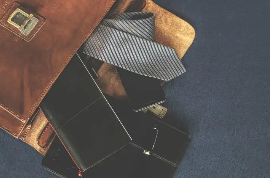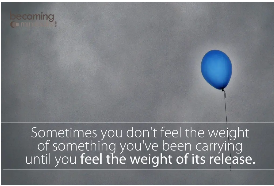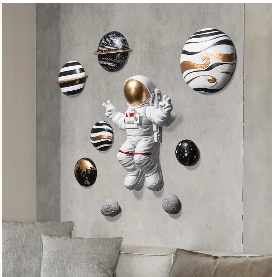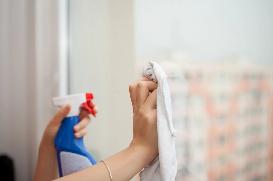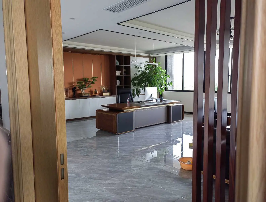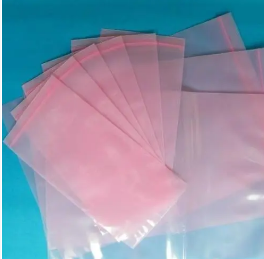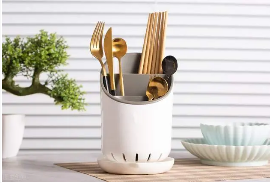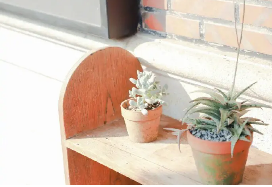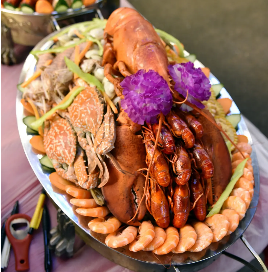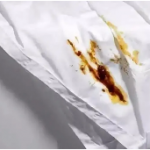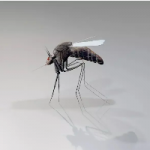The wrong hygiene habits in life
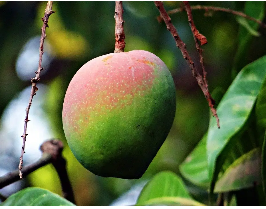
Are you a clean person in life? Is leftover food covered with gauze? These common lifestyle habits may seem to pursue cleanliness and hygiene, but if they are not taken seriously, they not only fail to ensure health, but may also cause unnecessary trouble to the body. Let’s take a look at which habits we take for granted are wrong.Disinfect bowls and chopsticks with alcoholIn daily life, some people often use Baijiu to clean their dishes and chopsticks, thinking that this can achieve the purpose of disinfection, but it is not true. Because the alcohol concentration used for disinfection in medicine is 75%, while the alcohol content of general Baijiu is below 65%. Therefore, the purpose of disinfection cannot be achieved by wiping tableware with Baijiu.
Suggestion: ① Boiling disinfection: Place the cleaned tableware in boiling water for disinfection for 2-5 minutes; ② Steam disinfection: Place the cleaned tableware in a steam cabinet or box, and disinfect it for 5-10 minutes when the temperature rises to 100 ℃; ③ Oven disinfection: For example, infrared disinfection cabinets, the temperature is generally around 120 ℃, and disinfection takes 15-20 minutes.
Wipe the table with a dirty cloth
After a week of using a brand new cloth, you will be amazed by the abundance of bacteria that grow. Therefore, before wiping the table with a cloth, it is important to ensure that the cloth used is clean. After wiping off the dust with a cloth, be sure to turn it over or replace it with a clean cloth before use. Don’t be lazy and reuse the dirty side repeatedly, as this will only spread dirt and bacteria on the surface of the furniture.
Suggestion: The cloth should be boiled and disinfected with water every three or four days, or washed and exposed to sunlight.
Long term use of a medicated toothpaste
Although medicated toothpaste has a certain auxiliary effect on treating periodontal tissue and oral diseases, it is not suitable for long-term use. Using the same medication toothpaste for too long can also cause bacteria to develop resistance and affect the therapeutic effect.
Suggestion: Replace the toothpaste every three months. The alternating use of several types of medicated toothpaste can not only prevent bacteria in the oral cavity from developing resistance to certain drug components and affecting the prevention and treatment effect, but also avoid excessive intake of certain drugs due to long-term repeated use.
Wrap food in white paper
In order to ensure the “whiteness” of white paper, many manufacturers use bleach in their production process. Bleaching agents can cause a series of chemical reactions after coming into contact with food, which can easily contaminate the food.
Suggestion: It is best to wrap food in a dedicated food bag.
Wipe tableware and fruits with toilet paper
The results of spot checks by the national testing department indicate that many types of toilet paper have not been disinfected or are not thoroughly disinfected, and contain a large amount of bacteria that can easily adhere to the objects being wiped.
Suggestion: Only napkins that have undergone strict disinfection treatment can be used to wipe tableware and fruits.
Cover food with gauze
In summer, the weather is hot and there are many flies, mosquitoes, and other insects. The food that cannot be eaten is exposed on the dining table, often causing pollution from flies and other summer insects. To avoid this problem, many people use gauze to cover their food, believing that this not only ensures food ventilation but also isolates flies, which is a good way to kill two birds with one stone. But experts say this approach cannot completely guarantee that food is not contaminated. Flies, attracted by the food inside the gauze, will fly back and forth on the gauze, leaving bacteria and eggs on it. These dirty things often easily fall onto food through the pores of the gauze cover, so the food inside the cover can also be contaminated.
Suggestion: Try to minimize food pollution, cook in moderation, and avoid leftover food. Food that cannot be consumed should be promptly stored in a well ventilated cabinet, or stored in the refrigerator, which is also a good choice.
Heat spoiled food before eating
After food spoils, many people feel it’s a pity to lose it, so they heat the spoiled food before eating it, thinking that this can eliminate bacteria. But medical evidence has shown that the toxins secreted by bacteria before entering the human body are highly heat-resistant and not easily broken down.
Suggestion: spoiled food must be willing to be discarded.
Make a blanket when you wake up
Research from Kingston University in the UK shows that during a night’s sleep, our bodies emit a large amount of exhaust gases, such as carbon dioxide; At the same time, skin cells will also correspondingly excrete some metabolic substances and dandruff, which will be adsorbed on the quilt. However, immediately folding the quilt is not easy to cause it to dissipate, and it will be absorbed by the human body again at night.
Suggestion: Keep the inside of the blanket facing outward, open the window for ventilation, and fold the blanket after washing.
Plastic tablecloths decorate the restaurant
The plastic tablecloths used to decorate restaurants should not be underestimated. Many people like to lay an additional layer of plastic tablecloth on the dining table, in pursuit of aesthetics, but they overlook the tendency of plastic tablecloths to accumulate dust and bacteria. Long term contact between tableware, food, and plastic tablecloths can contaminate with harmful substances, which may cause many unnecessary diseases.
Suggestion: Do not use plastic tablecloths.
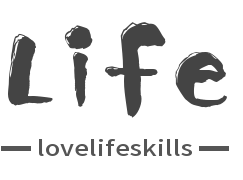

 English
English 






